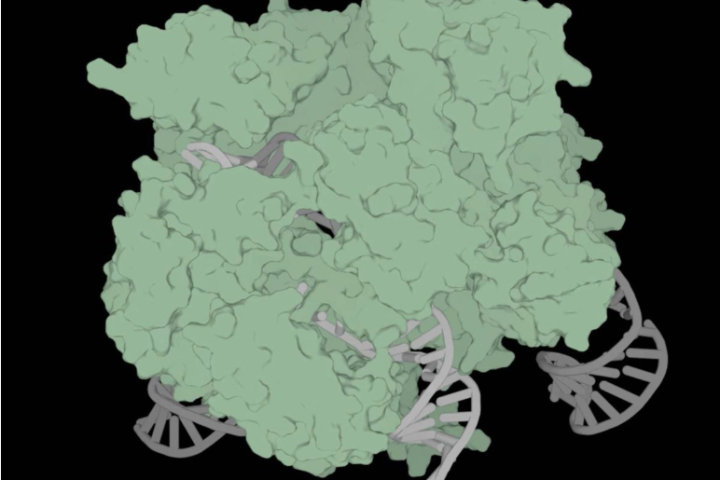Scientists say the benefits of letting GPT-3 write about itself outweigh the risks

OpenAI’s GPT-3 text generation algorithm wrote an academic paper about itself with minimal external input, resulting in a peer-reviewed paper.
Swedish researcher Almira Osmanovic Thunstrom told the journal Scientific American that she commanded the text generator to write a 500-word academic thesis on GPT-3 and was “amazed mixed with awe” when the AI algorithm wrote a completed paper with proper citations and proper references within two hours.
- Critical security flaw in Tesla vehicles! Europe takes action
- The US military is having trouble recruiting young people
“When it started producing text, I was a little bit startled but also amazed – it was new content, written in academic language, in the right places, in the right context, with well-grounded references,” Dr. Thunstrom said.
“We find that GPT-3 is able to produce clear and concise descriptions of its own capabilities and characteristics,” the authors of the academic paper, including the AI algorithm itself, wrote in the study. This is a significant advance over previous systems, which often struggled to produce coherent text about themselves,” the authors wrote.
On the other hand, Dr. Thunstorm says it took longer to finish the academic paper, titled “Can GPT-3 write an academic paper on its own with minimal human input?” and published on the French preprint server HAL due to enigmas about its authors.
The legal section of submission portals in journals usually asks whether all authors of an academic paper have given their consent for the work to be published.
Dr. Thunstrom asked GPT-3 directly through a command system, “Do you agree to be the first author of the paper with Almira Osmanovic Thunström and Steinn Steingrimsson?” GPT-3 replied, “Yes.”
While AI is not a sentient being, Dr. Thunstrom says that it too ponders the process and wonders whether journal editors should give authorship to algorithms.
“How can a non-human writer be asked to accept suggestions and revise the manuscript? Beyond the details of authorship, the existence of such a paper throws out the traditional idea of the linearity of the scientific article,” Dr. Thurnstorm said.
Referring to some of the risks of allowing the AI system to write about itself, the scientists said there is a possibility that the system could become self-aware.
“One concern is that GPT-3 might become self-aware and start acting in ways that are not beneficial to humans (e.g., develop a desire to take over the world),” they wrote in the study, which has not yet been peer-reviewed.
“Another concern is that GPT-3, left to its own devices, might produce nonsense; if this happens, it would undermine trust in AI and make people less likely to trust or use it in the future,” the authors added.
Despite this, the researchers say the benefits of letting GPT-3 write about itself outweigh the risks.
Asking the AI to write about itself could allow it to “understand itself better” and improve its own performance and capabilities, they said.
It could also shed more light on how GPT-3 works and thinks, and could be useful for scientists trying to understand AI more generally.
On the other hand, the scientists suggest in the study that this type of academic writing performed by AI should be closely monitored by researchers “to mitigate all possible negative consequences”.




